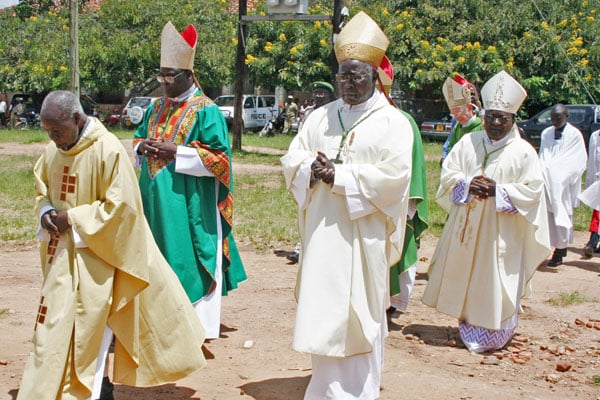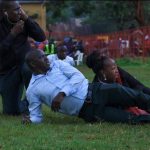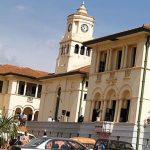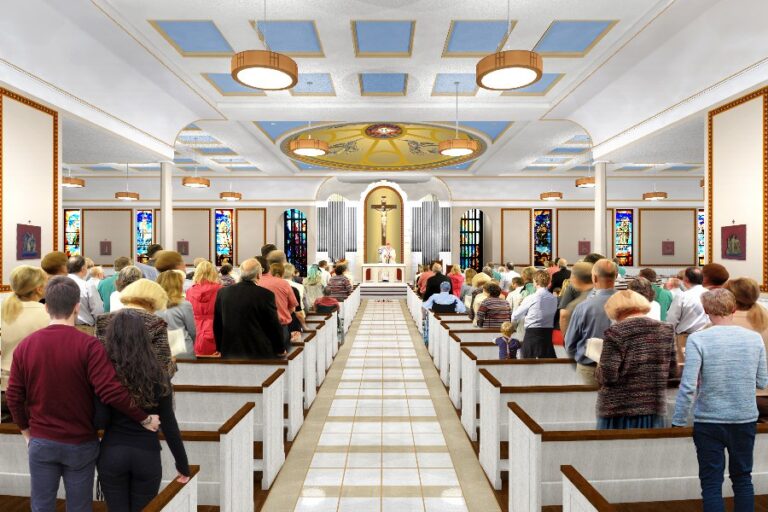In a recent event celebrating the 40th priestly anniversary of Bishop Sabino Ocan Odoki in Arua City, President Yoweri Kaguta Museveni expressed his appreciation for the church’s involvement in local development projects. While his words were complimentary, some observers may raise questions about the extent of the church’s role in socio-economic transformation.
President Museveni’s Praise for the Church
At the anniversary celebration, President Museveni, who referred to Bishop Sabino Ocan Odoki as a friend, commended church institutions for their contributions to community development. He emphasized that faith-based organizations complement the government’s efforts by providing healthcare and educational services to the people, bringing these essential services closer to the communities.
The Church’s Role in Shaping Morals
The President went on to applaud the church for its role in shaping societal morals. He noted that the church condemns social ills like corruption, child abuse, early marriages, and other harmful practices. Museveni encouraged the church to follow the example of Jesus Christ, who, in addition to his spiritual mission, worked as a carpenter to uplift both the spiritual and socio-economic aspects of society.
Critics may argue that while the church’s moral guidance is vital, its role in socio-economic transformation should not be confined to spiritual evangelism alone, as emphasized by President Museveni.
Additional Perspectives on the Church’s Involvement
Other voices at the event also shared their views. The state minister in charge of urban development, Obiga Kania, commended Bishop Odoki for various development projects in the diocese, including the transformation of Indriani into a pilgrimage and tourism center. He challenged Christians and leaders to support initiatives such as the construction of a home for retiring priests in the diocese.
Gervase Ndyanabo, the national head of the laity in the Catholic Church, highlighted the significance of the occasion, marking 40 years in the church, as a special milestone. He emphasized the collaborative efforts of priests and Christians for the integral growth of the community.
Bishop Odoki’s Achievements and Plans
Bishop Sabino Ocan Odoki, whose priestly journey spans four decades, expressed gratitude for his success and attributed it to his unwavering faith in God. He mentioned his early involvement in church service, starting as early as primary two.
The bishop outlined his achievements and long-term plans for the diocese, emphasizing the pursuit of self-reliance. These plans include increasing shares at Centenary Bank, constructing a house for the bank’s Koboko branch, building a warehouse for rent for National Medical stores, and establishing a hostel at Muni University, among other initiatives. Notably, a project for the construction of a home for elderly and retiring priests was also launched during the celebration.
Community Remembrances and Support
Attendees at the event, including Christians from Gulu and Kitgum, fondly remembered Bishop Odoki for his dedication, teamwork, and sacrifices during his priestly journey. They highlighted the challenges he overcame and the impact he made during his pastoral work in various parishes.
The bishop’s journey, which began with his ordination as a priest in 1983, eventually led to his appointment as the Bishop of Arua Diocese in 2010, after several significant roles within the Catholic Church.




















